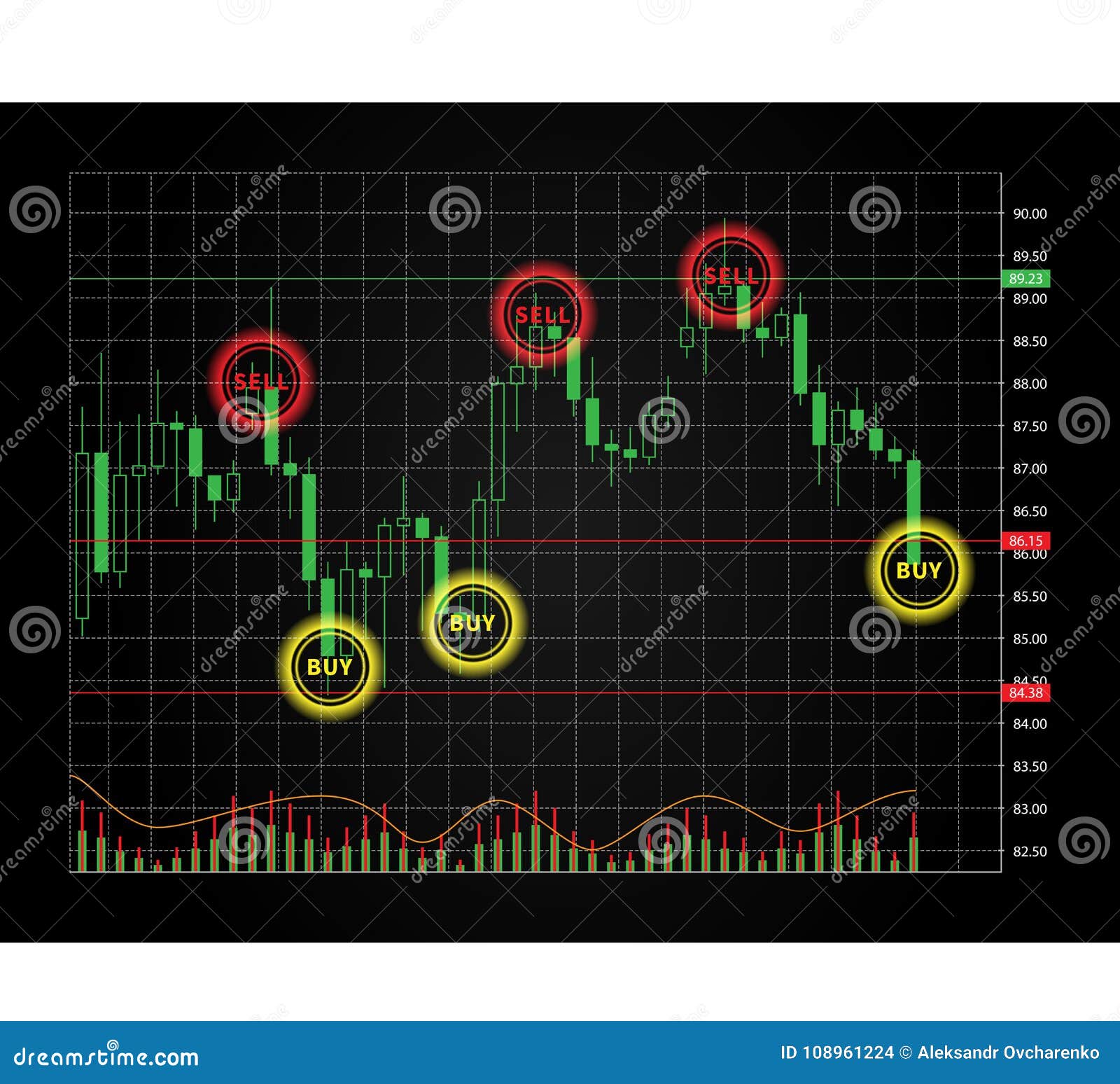The world of currency trading is vast and ever-evolving, thanks to advancements in technology and the rise of online platforms. Forex signal providers have become increasingly prevalent in this landscape, offering traders the promise of lucrative returns through their expertise and analysis. However, the legality of selling forex signals has been a subject of debate, and understanding the ethical and regulatory considerations is paramount.
Image: play.google.com
Defining Forex Signals and Their Role
Forex signals are recommendations issued by signal providers to guide traders in their currency trading decisions. These signals typically indicate the entry and exit points for a particular currency pair, along with the potential profit target and stop-loss level. The objective is to help traders make informed decisions, potentially enhancing their profitability.
Ethical Considerations
Selling forex signals presents certain ethical considerations that traders must acknowledge. Firstly, transparency is key. Signal providers should clearly disclose the risks associated with the signals, ensuring traders are aware of the potential losses. False or misleading claims must be avoided to uphold ethical practices.
Moreover, signal providers should possess the requisite knowledge and experience to provide reliable recommendations. They should have a proven track record and demonstrate expertise in currency trading. This ensures that traders receive guidance from qualified sources, mitigating the risks inherent to forex trading.
Legal and Regulatory Aspects
The legality of selling forex signals varies depending on the jurisdiction. In some countries, such as the United States, it is legal to sell forex signals as a form of financial advice. Signal providers must ensure compliance with relevant regulations, including those governing the provision of financial advice and the disclosure of potential conflicts of interest.
In other jurisdictions, such as the United Kingdom, the Financial Conduct Authority (FCA) has specific regulations pertaining to the sale of forex signals. These regulations require signal providers to obtain authorization from the FCA and adhere to strict rules regarding risk management, disclosure of past performance, and marketing practices.

Image: www.dreamstime.com
Due Diligence and Informed Decisions
Traders considering using forex signals should exercise due diligence and conduct thorough research on potential signal providers. Verifying the track record, methodology, and qualifications of the provider is essential. Traders should also be wary of providers making unrealistic guarantees of profits, as this may be indicative of unethical practices or lack of expertise.
Informed decisions should be made regarding the use of forex signals. Traders must understand that signals do not guarantee profits and can entail significant risks. They should consider their financial situation, risk tolerance, and trading experience before subscribing to any signal service.
Is Selling Forex Signals Legal
Conclusion
While selling forex signals can be a legal business in certain jurisdictions, it comes with ethical and regulatory considerations that must be adhered to. Signal providers should prioritize transparency, possess the necessary expertise, and comply with relevant regulations. Traders should approach forex signals with caution, conducting due diligence and making informed decisions based on their individual circumstances. By fostering a culture of ethical practices and responsible trading, all participants in the forex market can contribute to a healthy and sustainable environment.






